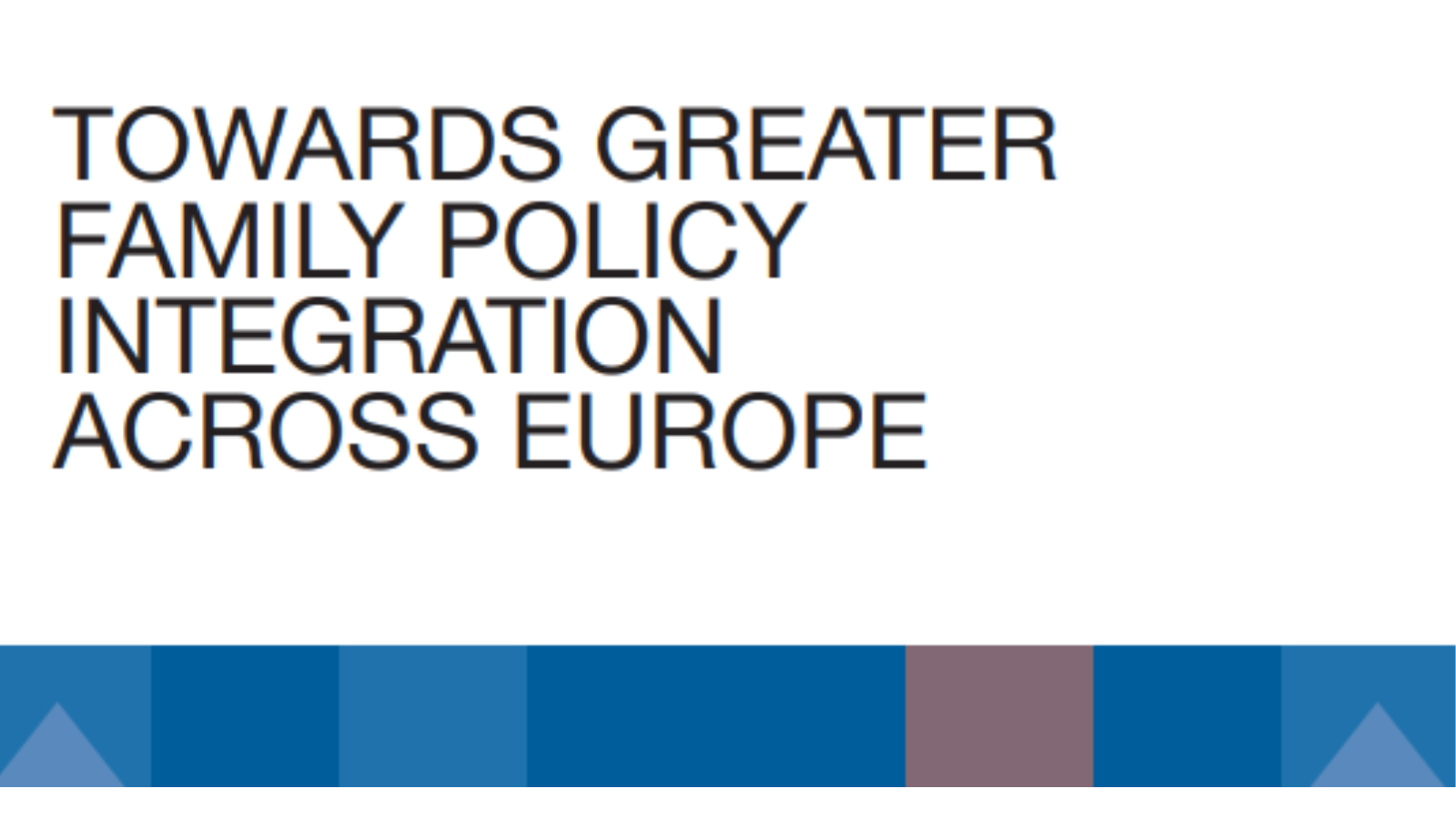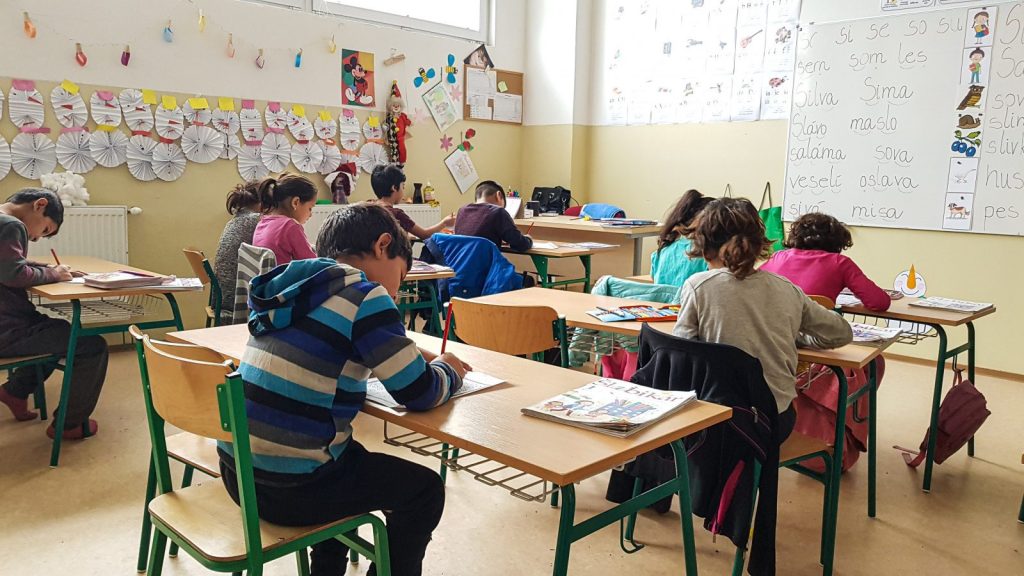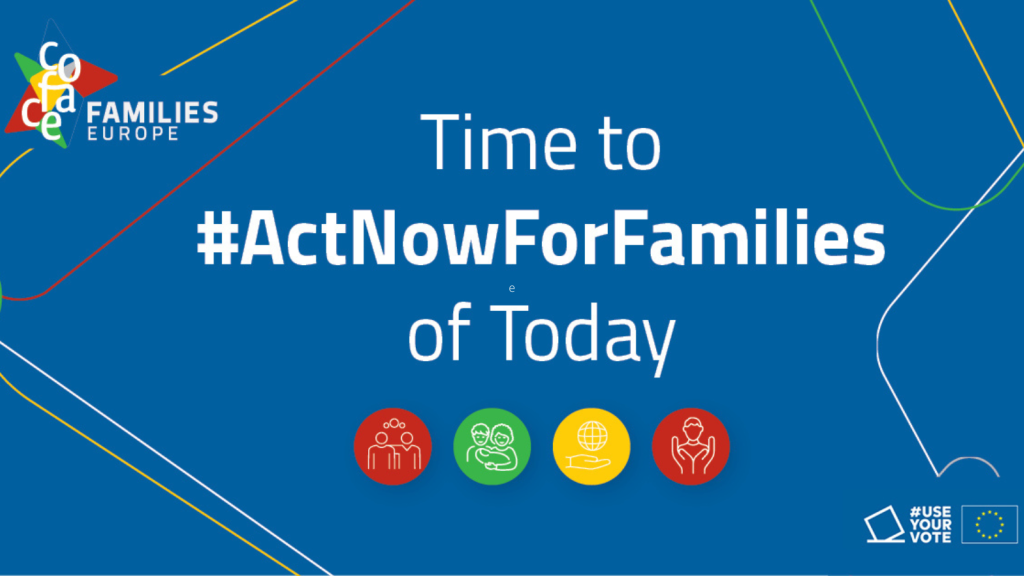Overcoming sectoral fragmentation in supporting families with young children
Families with young children have complex necessities in the period before the start of compulsory schooling. Often, these needs cannot be reduced to educational, healthcare or caregiving demands alone. They are multifaceted and require multidisciplinary responses that span across a number of public services and agencies.
Successful fulfillment of these needs requires a joint effort of different governmental organizations to build ties and form functioning networks of cooperation over a long period of time. This comparative report aims to investigate possible responses to the multisectoral needs of households by providing an overview of the current alignment and coordination between complementary services and policy areas in four European countries (Finland, Germany, Italy, and Poland) and the Belgian region of Flanders.
This report focuses on three key cross-sectoral needs. The first is the requirement for an extensive reconciliation framework of work and family life over the early months of the child’s life, which entails coordination between parental leave frameworks and formal day-care services to ensure that when parents’ paid leave has ended, they have the opportunity to transition their child into formal childcare and education services without experiencing a gap in coverage.
Another one of these demands puts emphasis on the complementarity of ECEC services for different age groups (including day-care nurseries for the very young and preschool settings for older children) in constructing a continuous, coherent, high-quality educational and care atmosphere able to accompany children and their families in a soft, linear manner, without interruptions or traumatic changes during the essential first years of life. In examining this level of interconnection in different case study countries, this report explores how it is organised, evaluates whether there are pedagogical guidelines for both levels and scrutinises alignment between minimum qualification levels for those two workforces.
The third transversal need is for cooperation and coordination between services catering to care and support during the perinatal stage. This report conceptualises this space as a convergence point between health and social care professional domains to bring together a variety of services involved in promoting family welfare during this vital time period; endeavouring to facilitate dialogue and cooperation while placing emphasis on its complementary functions.
Nowadays, the significance of family policies is growing notably across the European Union. Following the launch of the European Pillar of Social Rights in 2017, we have witnessed an increase of initiatives concentrated on improving national parental leave laws, remedying child poverty, setting higher goals for the participation in ECEC services, as well as establishing national frameworks for long-term care and disability rights.
It is essential in this situation that family policy frameworks are not just established, but are constructed with close ties to their complementary domains, such as parental leave and formal early childhood education and care, prenatal maternal care, perinatal guidance support, parenting network groups, day-care for infants and preschool education for three-year-olds. Ultimately, this report advocates for the exchange of information across Europe regarding what is being done in other countries to realize significant advancements in the integration of these family policies.
Read the full report here.





